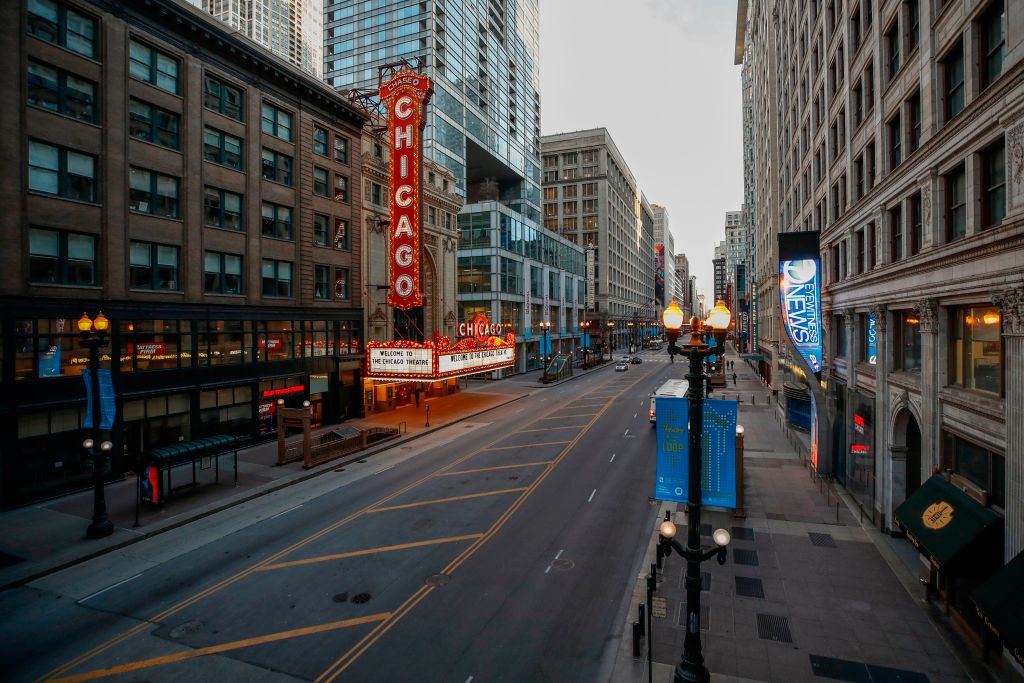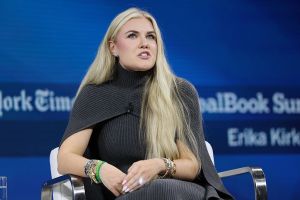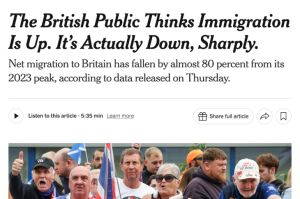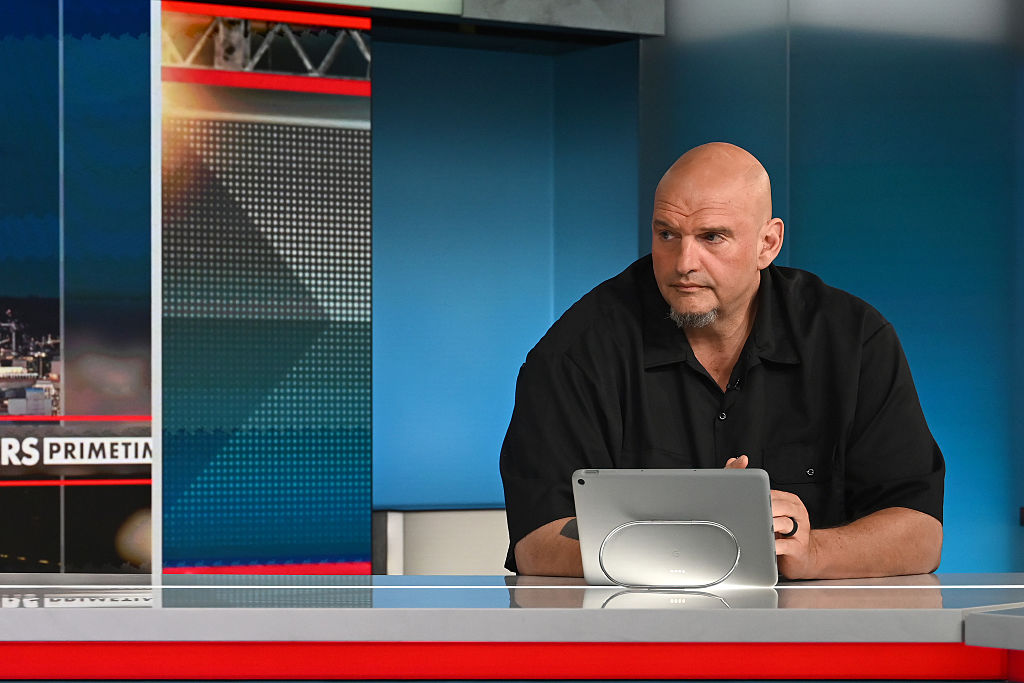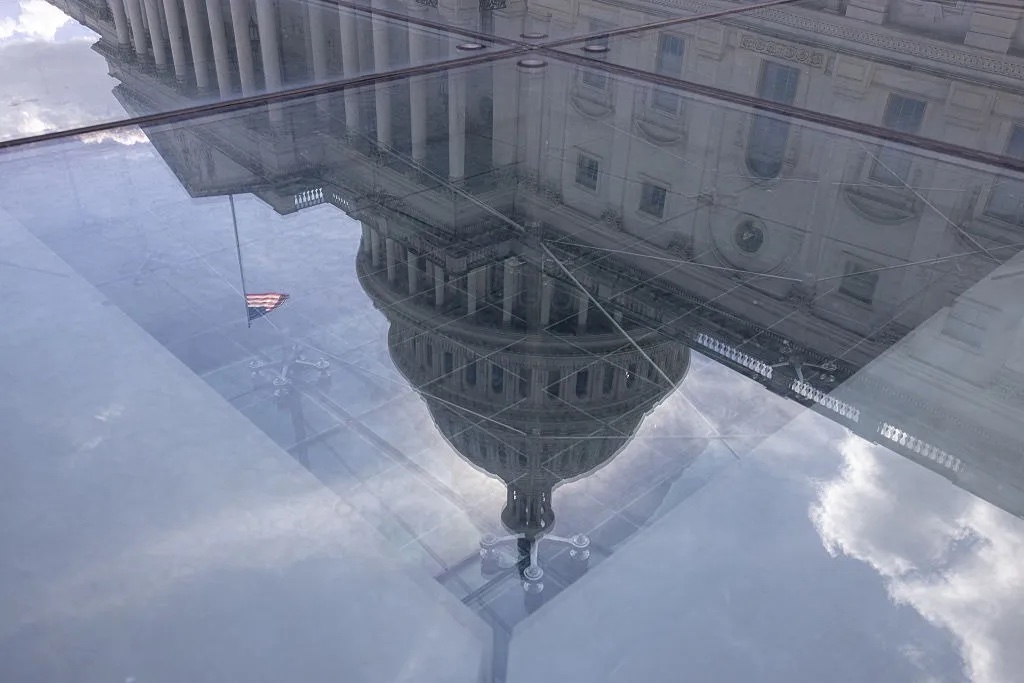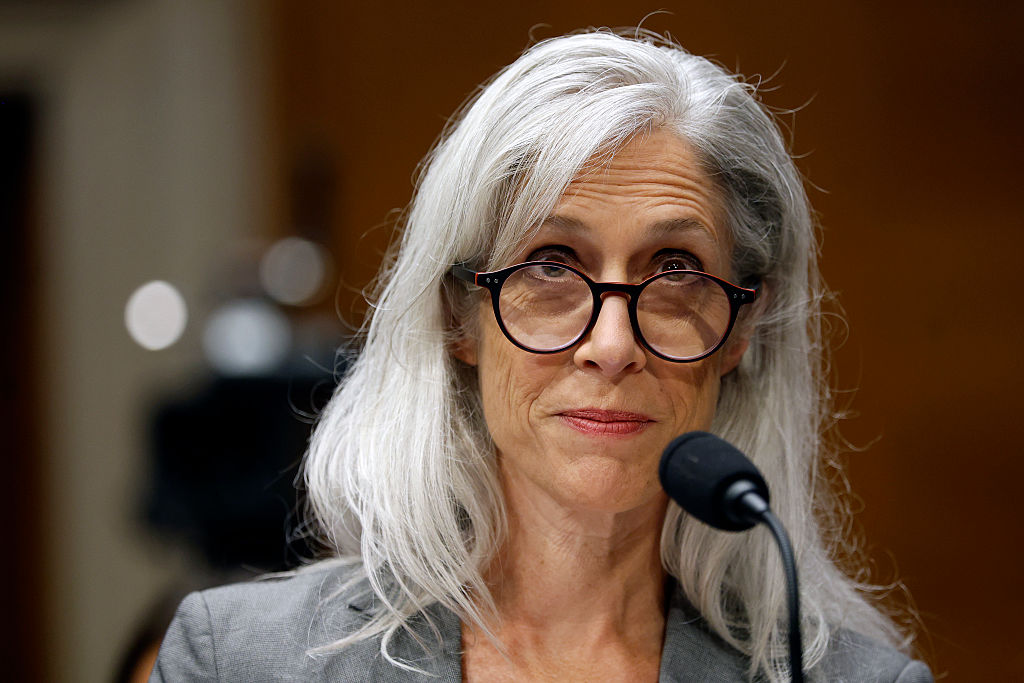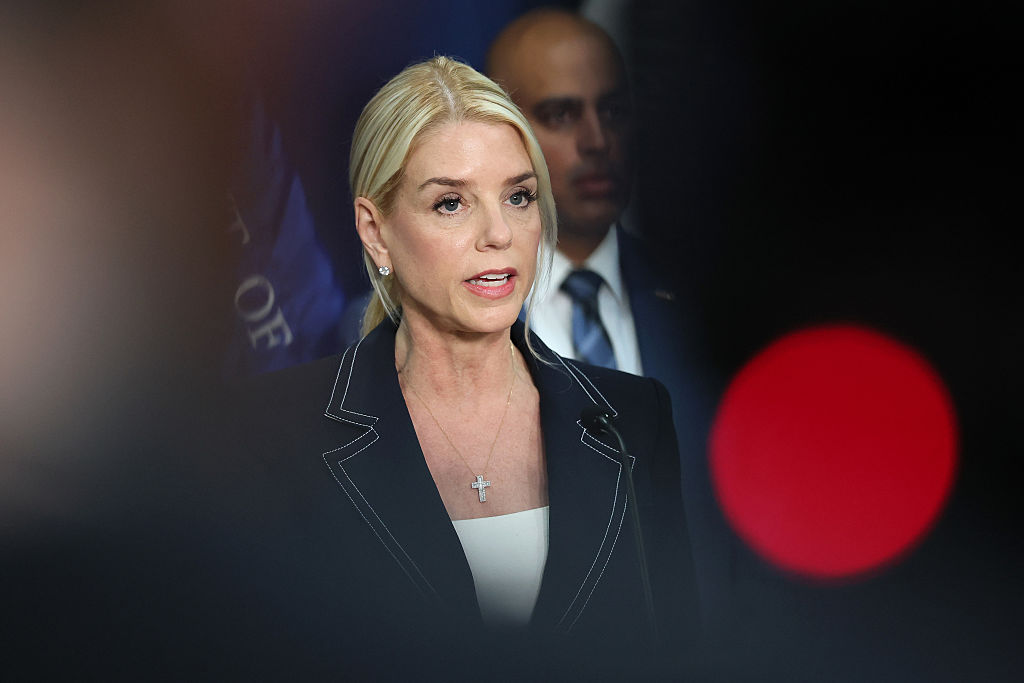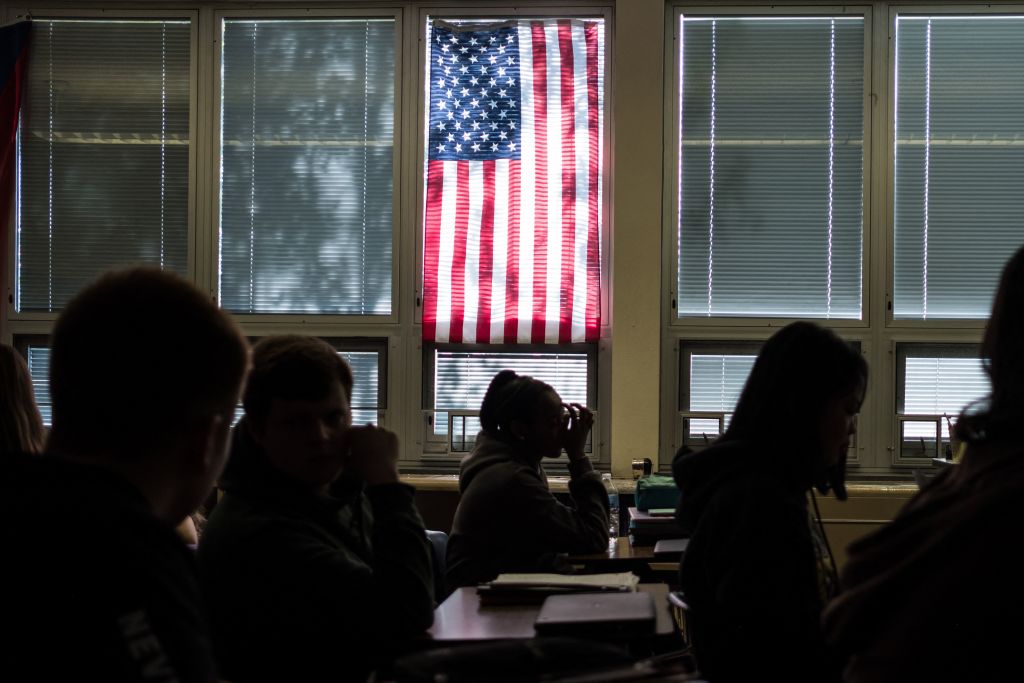The lockdown is dead…long live the lockdown?
In an interview last Thursday on Spectator TV, WHO special envoy David Nabarro warned seven months too late that the ubiquitous global response to the coronavirus pandemic might be a bit of an oopsie-daisy:
WATCH: Dr David Nabarro, the WHO's Special Envoy on Covid-19, tells Andrew Neil: 'We really do appeal to all world leaders: stop using lockdown as your primary control method'. Watch the full interview here: https://t.co/XLdaedsKVS #SpectatorTV @afneil | @davidnabarro pic.twitter.com/1M4xf3VnXQ
— The Spectator (@spectator) October 9, 2020
‘We in the World Health Organization do not advocate lockdowns as the primary means of control of this virus,’ Nabarro said. ‘Lockdowns just have one consequence that you must never ever belittle, and that is making poor people an awful lot poorer… It seems that we may well have a doubling of world poverty by next year. We may well have at least a doubling of child malnutrition.’
Now, there was nothing astonishing about Dr Nabarro’s claims. It’s been obvious since April, when Sweden’s outbreak crested, that lockdowns are not necessary to manage the coronavirus danger. And it’s been obvious since the US lost 6.6 million jobs in one week that lockdowns are an elaborate form of economic suicide. In fact, it was obvious before a single lockdown was ordered. Only a government bureaucrat with six weeks of paid vacation and a salary set by statute could believe that the economy can simply be turned off and on with no consequences.
So it wasn’t Nabarro’s words that were remarkable. What was remarkable was that they were coming from the World Health Organization. It was so remarkable, in fact, that Cockburn suffered a crisis of confidence. WHO’s track record on predictions is so abysmal that you could build a tidy fortune asking it to pick football results and then betting the opposite way. The same organization which suggested the coronavirus couldn’t spread person-to-person, which attacked travel bans as bigoted and which doubted the existence of Taiwan, now suddenly says that lockdowns are bad policy? That’s the best argument possible in favor of lockdowns being excellent policy.
Still, Cockburn was waiting eagerly for the press’s response to Nabarro’s claims (thanks to the mass cancellation of events, ‘waiting eagerly’ is a top diversion in these times). An expert at the world’s premier health organization calling into doubt the controversial centerpiece of an enormously-costly response to a virus that has proven far less deadly than initially feared? That should be stupendous argument fodder, at least. All year, leaders have ritualistically invoked Science as a justification for their actions. How will they respond to Science reaching conclusions that don’t allow elites to relax at home while collecting a safe salary and accumulating power?
It turns out, they just don’t respond at all. Per its website’s search feature, the New York Times has produced 675 pieces of writing in the past week mentioning ‘coronavirus’. Somehow, it couldn’t find the time for a single mention of Nabarro’s announcement. The Washington Post was even worse, with almost 1,600 ‘coronavirus’ mentions in the past week but not a single instance of Nabarro’s name. A search of the Wall Street Journal produced a friendly suggestion that Cockburn might have meant Trump admin economist Peter Navarro.
[special_offer]
And so it went. Four days after Nabarro’s interview, only the New York Post had given his statement serious attention in the US. USA Today gave him a brief mention, buried beneath 13 paragraphs of fretting about ‘dangerous’ trends in hospitalizations. When Nabarro’s interview finally started to get attention in the US on Sunday, three days after he gave it, it was thanks to a write-up in an Australian publication.
Perhaps the American media will catch up with everyone else now the President has tweeted about the Spectator TV interview?
The World Health Organization just admitted that I was right. Lockdowns are killing countries all over the world. The cure cannot be worse than the problem itself. Open up your states, Democrat governors. Open up New York. A long battle, but they finally did the right thing!
— Donald J. Trump (@realDonaldTrump) October 12, 2020
In governments around the world, meanwhile, lockdown fervor seems to be growing more intense. In the UK, Boris Johnson’s government has unveiled a new three-tier lockdown system in which — a rhetorical stunt that would make George W. Bush proud — the only alert levels are medium, high, and very high. In New York, a new wave of lockdown enforcement has piled up criminal citations and hundreds of thousands of dollars in fines. In effect, it’s like Nabarro doesn’t exist and his interview never happened.



